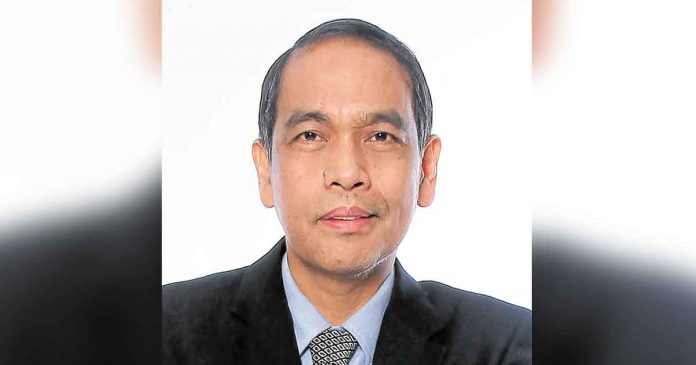
INFRASTRUCTURE spending must remain a priority for the next President despite the need for fiscal consolidation or narrowing of the record debt and budget deficit wrought by bigger expenditures but weaker revenues amid the prolonged COVID-19 pandemic, the Department of Finance (DOF) said.
“In the medium-term, there is a need to bring down the debt-to-gross domestic product (GDP) ratio through fiscal consolidation (by narrowing the deficit) so that the Philippine economy can resume its vibrant growth,” said the DOF’s chief economist, former undersecretary Gil Beltran, in an economic bulletin on Saturday.
Finance Secretary Carlos Dominguez III had said that this year will be “critical” to jump-start fiscal consolidation.
For Beltran, “it is important that infrastructure investments be continued” as “cutting infrastructure spending may narrow down the deficit momentarily but will definitely be counter-productive in the long-run as far as economic recovery is concerned.”
“While CREATE and liberalization definitely attract investor interest and enthusiasm, infrastructure projects that are left unfinished do not inspire investor confidence. Simply put, a half-finished bridge does not cut travel time even by a minute. Infrastructure projects have to be fully completed before they can increase the country’s productive capacity and enhance its growth potential,” Beltran said, referring to the Corporate Recovery and Tax Incentives for Enterprises Act, whose lower tax rates serve not only as relief to pandemic-hit businesses but also a lure to potential elephant-sized investments when coupled with hefty fiscal perks.
Beltran noted that the Development Budget Coordination Committee’s (DBCC) program to narrow the budget deficit from 7.7 percent of GDP this year to 6.1 percent next year and 5.1 percent in 2024 kept a high share of infrastructure spending programmed at 5.9 percent of GDP in 2022, 5.5 percent in 2023, and 5.4 percent in 2024.The Philippine economy suffered from its worst annual recession in 2020 when GDP shrank by a record 9.6 percent, no thanks to one of the longest and strictest COVID-19 lockdowns in the region.
As such, the Neda board said the government needed to prioritize public investments in human capital — particularly education and health — as well as infrastructure to not only recover from the long-term scarring effect of COVID-19 but also generate “good” jobs and accelerate economic growth. (©Philippine Daily Inquirer 2022/Ben O. de Vera)







